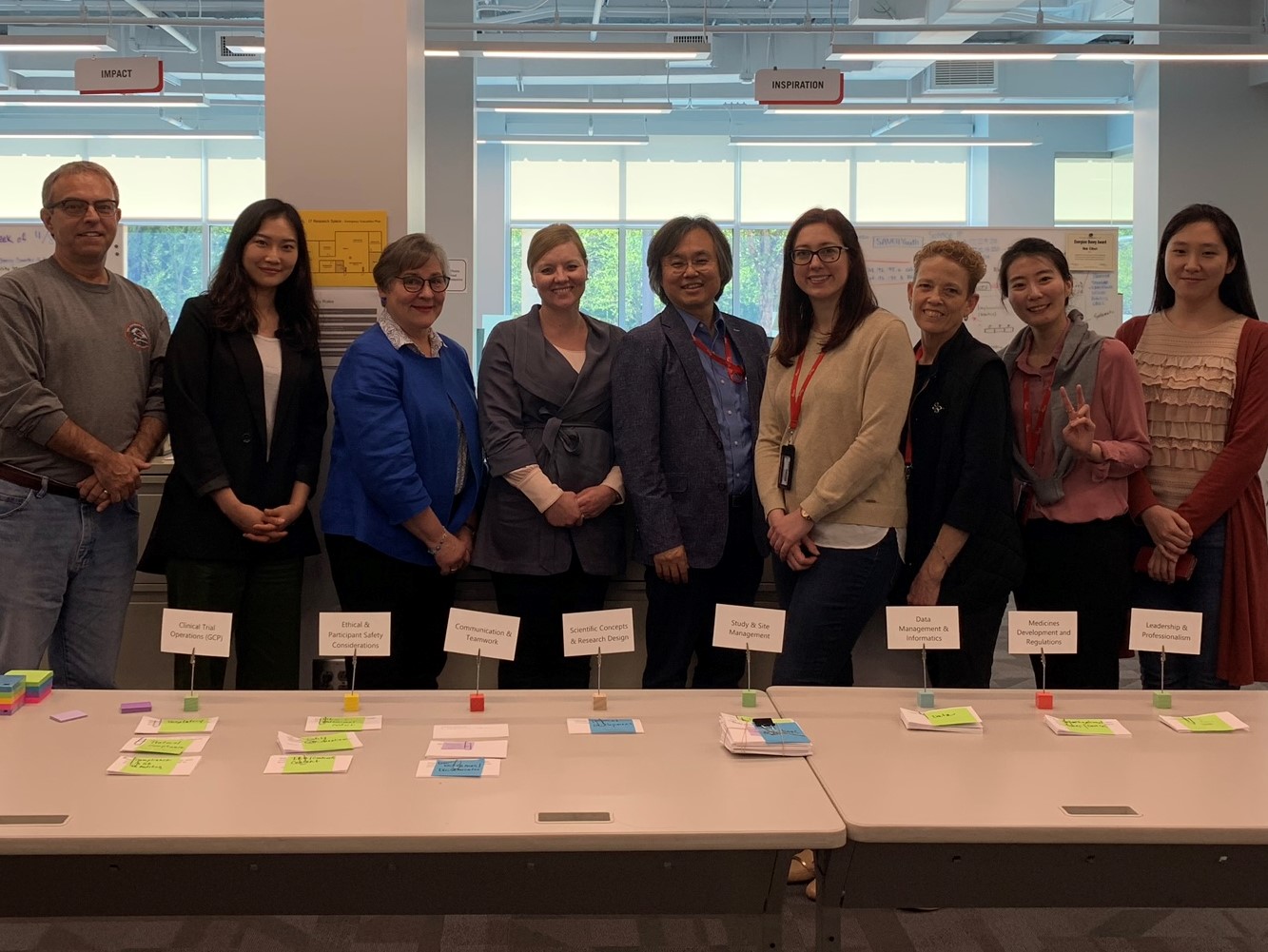Understanding Career Orientation of Clinical Research Coordinators to Support Professional Development

Conclusions from a new study by the Georgia CTSA’s Translational Workforce Development program found that understanding the career orientation of Clinical Research Coordinators (CRCs) can be helpful to institutional administrators and clinical investigators as they seek to support the professional development of CRCs through tailored training efforts or work-related supports. Knowledge of career orientation may also inform individual CRCs as they manage their personal career paths by assessing current levels of functioning, career-related strengths or weaknesses, and training needs. The findings were published in Journal of Clinical and Translational Science, Volume 3, Issue 5, October 2019, pp. 234-244.
The study identified underlying career orientation types of clinical research coordinators using cluster analysis. Select career and competency-related information was used to identify four distinct career orientation types. A web-based survey was administered to CRCs. Each respondent completed a survey containing questions about personal background, individual attributes, perceived professional competence, and career orientation.
The first CRC type possessed a positive, knowledge-seeking orientation, characterized by high career-related scores but a conservative assessment of perceived competence. The second CRC type represented an optimistic and confident career orientation reflected in moderate to high scores on each of the four identifying factors. The third CRC type reflected an inconsistent career orientation highlighted by lowered perceived competence. The final CRC type reflected a disengaged orientation characterized by negative responses to all career and competence factors.
This research offers several implications including the identification of CRC career orientation types advances the understanding of this segment of the health research workforce. An understanding of CRCs, along with other efforts (e.g., national competencies, professional licensure), can enhance this profession and help to provide uniform expectations and career path options.
Georgia CTSA’s Translational Workforce Development program will be using the findings from this study to develop a navigational tool to guide training and career development for various segments of the clinical and translational science workforce, beginning with CRCs, that can be used by employees, training program coordinators, and employers.
“Our goal is to develop an innovative framework to support career navigation through data-driven decision-making to empower both employees and employers working in clinical and translational science,” says Linda McCauley, RN, PhD. McCauley is a Professor and Dean of the Nell Hodgson Woodruff School of Nursing at Emory University, and Translational Workforce Development Program Director of the Georgia CTSA.
The research was supported by the National Center for Advancing Translational Sciences of the National Institutes of Health under Award number UL1TR002378. The content is solely the responsibility of the authors and does not necessarily represent the official views of the National Institutes of Health.
Georgia CTSA's Translational Workforce Development program recognizes the need for education and support for the entire clinical and translational research workforce, beyond formally trained faculty, trainees, and fellows. The program brings together expertise in learning, performance, technology, workforce development, and clinical and translational science in order to assess the needs of the clinical and translational research workforce and seek ways to extend training and career development structures to the broader clinical research workforce within the Georgia CTSA and to the national CTSA community.
The Georgia CTSA is a statewide partnership between Emory, Morehouse School of Medicine, Georgia Tech, and UGA and is one of over 50 in a national consortium striving to improve the way biomedical research is conducted across the country. The consortium, funded through the National Center for Advancing Translational Sciences (NCATS) and the National Institutes of Health’s Clinical and Translational Science Awards, shares a common vision to translate laboratory discoveries into treatments for patients, engage communities in clinical research efforts, and train the next generation of clinical investigators.